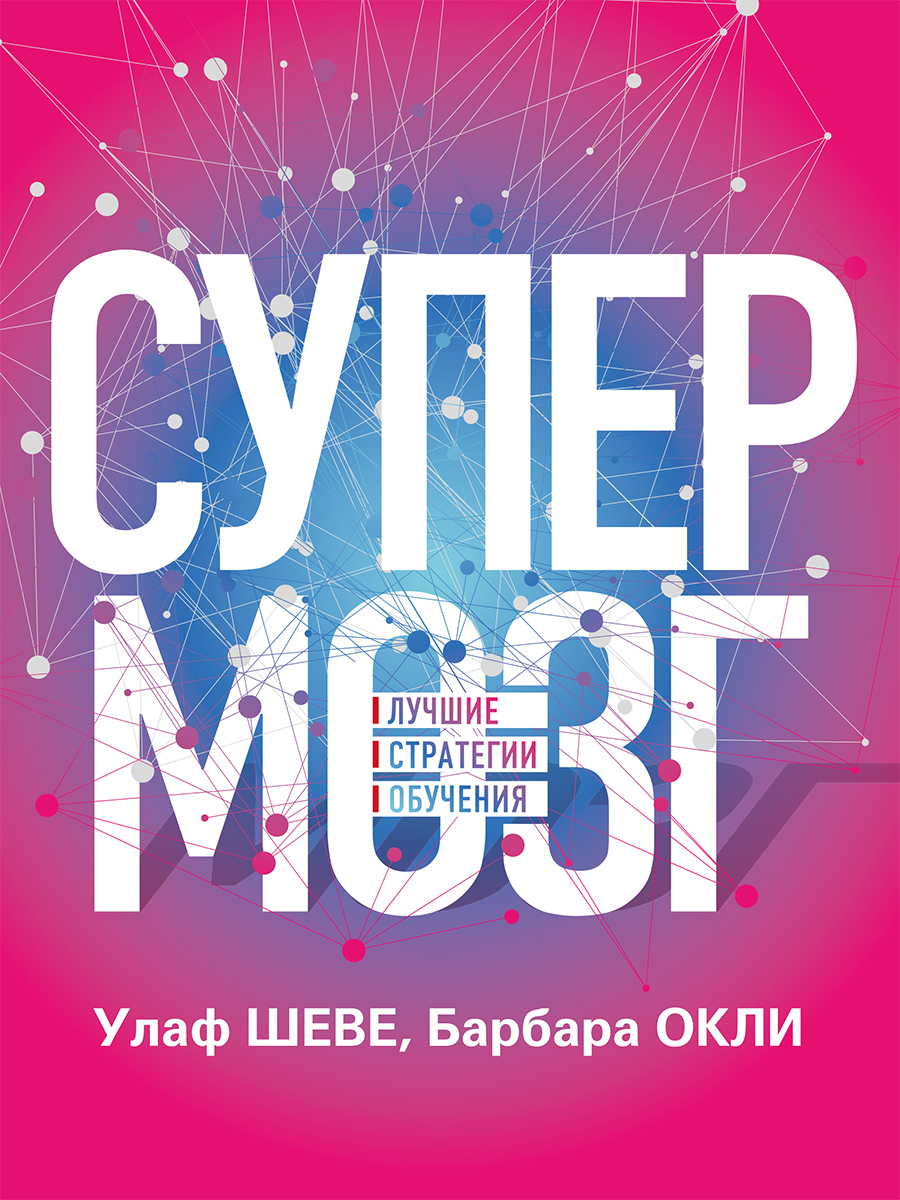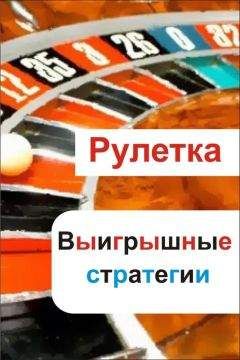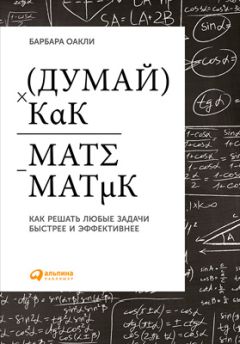Супермозг. Лучшие стратегии обучения - Барбара Оакли

Помощь проекту
Супермозг. Лучшие стратегии обучения читать книгу онлайн
Sedlmeier, Peter et al. «The psychological effects of meditation: A meta-analysis.» Psychological Bulletin 138, no. 6 (2012): 1139.
Sekeres, Melanie J. et al. «The hippocampus and related neocortical structures in memory transformation.» Neuroscience Letters 680 (2018): 39–53.
Sekeres, Melanie J. et al. «Mechanisms of memory consolidation and transformation.» In Cognitive Neuroscience of Memory Consolidation, 17–44: Springer, 2017.
Sheeran, Paschal et al. «The interplay between goal intentions and implementation intentions.» Personality and Social Psychology Bulletin 31, no. 1 (2005): 87–98.
Sinanaj, Indrit et al. «Neural underpinnings of background acoustic noise in normal aging and mild cognitive impairment.» Neuroscience 310 (2015): 410–21.
Sio, Ut Na and Thomas C. Ormerod. «Does incubation enhance problem-solving? A meta-analytic review.» Psychological Bulletin of Science, Technology & Society (2009): 135.
Smith, Amy M. et al. «Retrieval practice protects memory against acute stress.» Science 354, no. 6315 (2016).
Smith, Michael A. et al. «Glucose enhancement of human memory: a comprehensive research review of the glucose memory facilitation effect.» Neuroscience & Biobehavioral Reviews 35, no. 3 (2011): 770–83.
Smith, M. Elizabeth & Martha J. Farah. «Are prescription stimulants «smart pills»? The epidemiology and cognitive neuroscience of prescription stimulant use by normal healthy individuals.» Psychological Bulletin 137, no. 5 (2011): 717–41.
Sniehotta, Falko F. et al. «Action plans and coping plans for physical exercise: A longitudinal intervention study in cardiac rehabilitation.» British Journal of Health Psychology 11, no. 1 (2006): 23–37.
Socci, Valentina et al. «Enhancing human cognition with cocoa flavonoids.» Frontiers Nutrition 4 (2017): Article 10.
Standing, Lionel et al. «Perception and memory for pictures: Single-trial learning of 2500 visual stimuli.» Psychonomic Science 19, no. 2 (1970): 73–74.
Stork, Matthew J. et al. «Let’s Go: Psychological, psychophysical, and physiological effects of music during sprint interval exercise.» Psychology of Sport and Exercise 45 (2019): 101547.
Sweller, John et al.Cognitive Load Theory. New York, NY: Springer, 2011.
Szuhany, Kristin L. et al. «A meta-analytic review of the effects of exercise on brain-derived neurotrophic factor.» Journal of Psychiatric Research 60 (2015): 56–64.
Thompson, Derek. «A Formula for Perfect Productivity: Work for 52 Minutes, Break for 17.» The Atlantic, no. Sep 17 (2014). https://www.theatlantic.com/business/archive/2014/09/science-tells-you-how-many-minutes-should-you-take-a-break-for-work-17/380369/.
Tobin, Kerri J. «Fast-food consumption and educational test sco-res in the USA.» Child: Care, Health and Development 39, no. 1 (2013): 118–124.
Treadway, Michael T. et al. «Dopaminergic mechanisms of individual differences in human effort-based decision-making.» Journal of Neuroscience 32, no. 18 (2012): 6170–6176.
Turow, Gabe & James D. Lane. «Binaural beat stimulation: Altering vigilence and mood states.» In Music, Science, and the Rhythmic Brain: Cultural and Clinical Implications, 122–139, 2011.
U.S. Department of Health and Human Services. «Physical Activity Guidelines for Americans, 2nd edition.» (2018). https://health.gov/paguidelines/second-edition/pdf/Physical_Activity_Guidelines_2nd_edition.pdf.
van Praag, Henriette. «Exercise and the brain: Something to chew on.» Trends in Neurosciences 32, no. 5 (2009): 283–290.
Walker, Matthew. Why We Sleep: The New Science of Sleep and Dreams. New York, NY: Penguin, 2017.
Wamsley, Erin J. «Memory consolidation during waking rest.» Trends in Cognitive Sciences 23, no. 3 (2019): 171–173.
Wamsley, Erin J. et al. «Dreaming of a learning task is associated with enhanced sleep-dependent memory consolidation.» Current Biology 20, no. 9 (2010): 850–855.
Ward, Adrian F. et al. «Brain drain: The mere presence of one’s own smartphone reduces available cognitive capacity.» Journal of the Association for Consumer Research 2, no. 2 (2017): 140–154.
Wardle, Margaret C. et al. «Amping up effort: Effects of d-amphetamine on human effort-based decision-making.» Journal of Neuroscience 31, no. 46 (2011): 16597–16602.
Winne, Philip H. & Allyson F. Hadwin. «Studying as self-regulated learning.» In Metacognition in Educational Theory and Practice, edited by D. Hacker et al., 27–30. New Jersey: Lawrence Erlbaum Associates, 1998.
Winter, Lloyd Bud. Relax and Win: Championship Performance in Whatever You Do. San Diego, CA: Oak Tree Publications, 1981.
Xie, Lulu et al. «Sleep drives metabolite clearance from the adult brain.» Science 342, no. 6156 (2013): 373–377.
Yang, Guang et al. «Sleep promotes branch-specific formation of dendritic spines after learning.» Science 344, no. 6188 (2014): 1173–1178.
Zureick, Andrew H. et al. «The interrupted learner: How distractions during live and video lectures influence learning outcomes.» Anatomical Sciences Education 11, no. 4 (2018): 366–376.

























